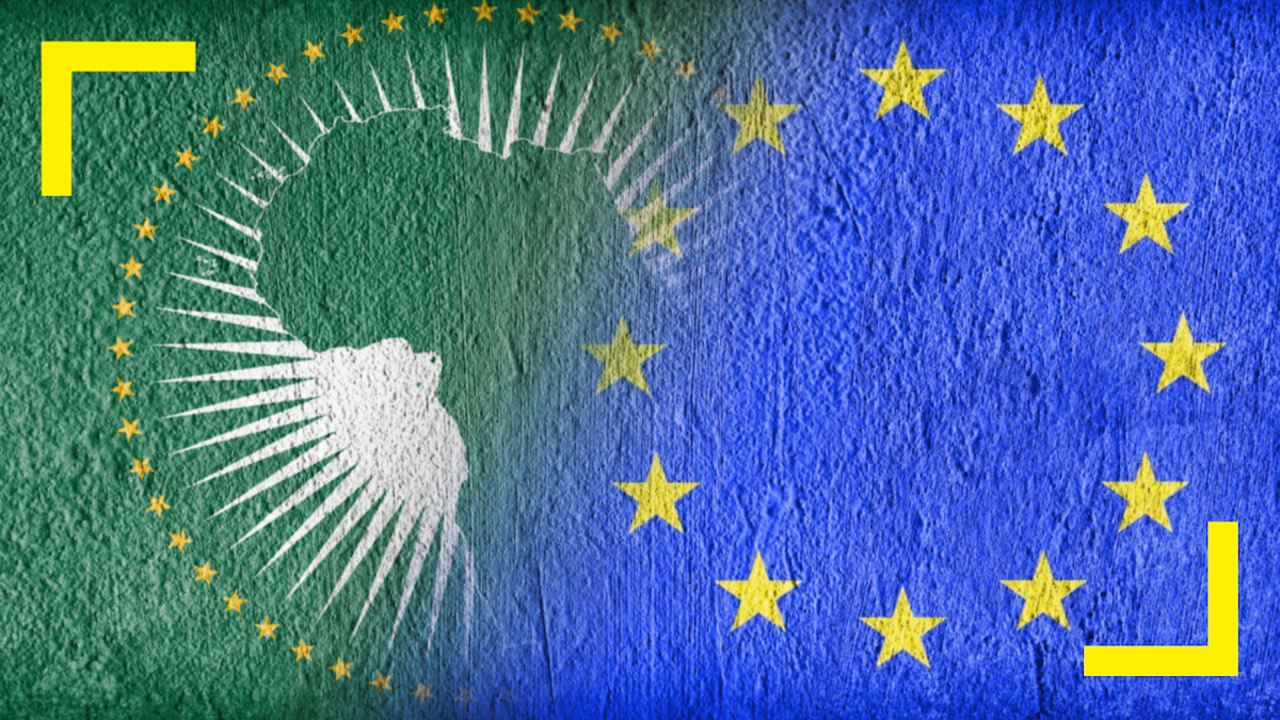Belgium releases Iranian diplomat accused of terrorism in prisoner exchange

In 2018 Iranian diplomat, Asadollah Assadi, was arrested in Germany for a failed bomb attack attempt against a peaceful demonstration by the National Council of Resistance of Iran (NCRI), an exiled opposition group, which was to peacefully assemble outside Paris. Alongside him, a Belgian couple of Iranian origin were arrested in Brussels carrying a package containing explosives and a detonator. Both admitted that the package had been given to them by Assadi, but were unaware of its contents. A fourth man was arrested in Paris as an accomplice to the attack, and the three Iranians were sentenced to 15 to 18 years in prison.
Investigators found that the explosives had been brought on a commercial flight from Tehran to Austria, and France accused the Iranian Intelligence Ministry of being behind the attack, freezing the assets of Saeid Hashemi Moghadam, a senior official in the ministry, and the diplomat Assadi. Belgium later requested the extradition of the official to be sentenced by its courts like the attackers, handing down a 20-year sentence in 2021. The Iranian Foreign Ministry condemned the arrest, trial and sentencing as "illegal and a clear violation of international law, especially the 1961 Vienna Convention". However, the prosecuting lawyer, Georges-Henri Beauthier, stated that the official did not have immunity for criminal and terrorist acts, but only in the functions related to his position.
Iran's diplomat-terrorist Assadollah Assadi was released by the Belgian government in the context of a shameful deal with the Iranian regime.
— NCRI-FAC (@iran_policy) May 30, 2023
He led an extensive network of terrorism and espionage in Europe.
Therefore, we are reposting our article on how his operatives used… pic.twitter.com/yzLFaNwtzN
In 2022, Iran and Belgium began negotiating a prisoner exchange between the Iranian official and Belgian humanitarian worker Olivier Vandecasteele, arrested that year and sentenced to "40 years in prison and 74 lashes for espionage, cooperation with the United States and currency smuggling, among other crimes". These charges were totally unknown to the family of the convicted man, who went on hunger strike during his imprisonment in protest against his conviction. The family denounced the total isolation and conditions in which the worker was kept, leading to significant weight loss and worrying dental and stomach problems.
In December, the Belgian Constitutional Court suspended the implementation of the agreement pending a ruling on the appeal lodged against it by Iranian opposition organisations. The hostage-taking is part of the Iranian regime's policy of extortion and pressure to obtain concessions, which is why accepting this agreement means giving in to blackmail, according to many experts. However, in early March 2023, the Court confirmed the constitutionality of the agreement, formally requesting the Belgian citizen's surrender to Iran and ruling that the plaintiffs must be notified of Assadi's release in order to initiate legal action, but the government did not inform the plaintiffs.

Oman has acted as a mediator between the two feuding parties because of its good relations with Western states and the Iranian government. Oman's Foreign Ministry confirmed that the prisoners were released and transported from Brussels and Tehran to Oman's capital on Friday. Their arrival in their respective countries was filmed and broadcast on national television. Vandecasteele arrived at the Melsbroek military airbase, where his family was waiting to welcome him, after being imprisoned for more than 400 days in Iran.
Iranian state television broke the news that Assadi was already in Tehran, showing him with other officials and the government spokesman. The news was also reported on the Twitter feed of the Iranian Foreign Minister, who declared his country's joy at the return of the "innocent diplomat who was illegally arrested against international law".








